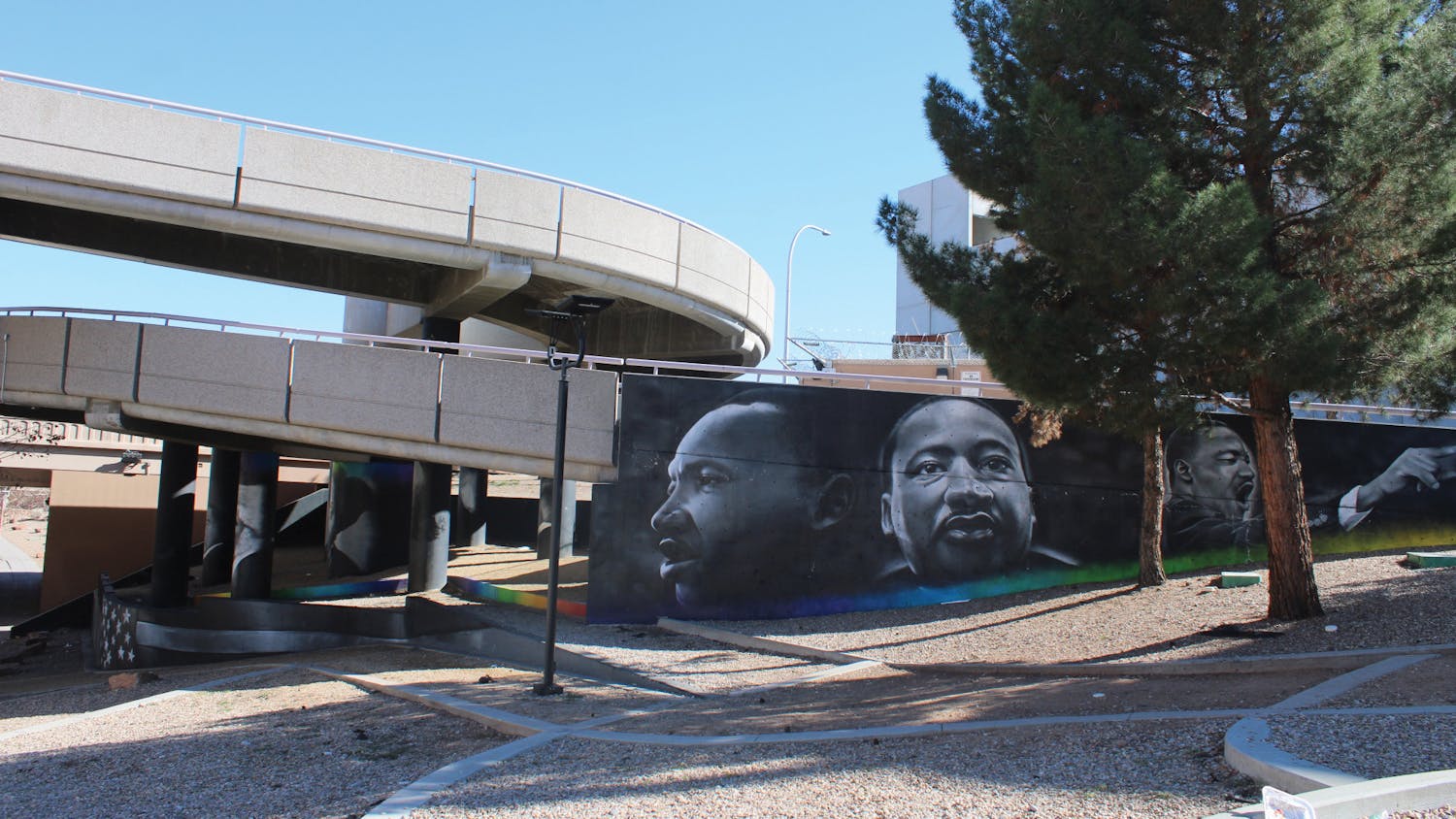It is 7:15 a.m., and I am standing 20-people back in a line outside the Midtown Public Health Office, where folks needing a birth certificate start congregating around 6:00 a.m. every weekday to claim one of the limited number of documents given out by the Vital Records department.
One of my clients stares down at a phone without service, playing a game and lightheartedly fighting off a second client, who encroaches on the screen with a plastic ballpoint pen and says, “it’s a Stylus.” They both giggle, uncharacteristically joyful for the circumstances.
I am a caseworker at a nonprofit that helps those recently released from prison with reentry into normal life.
One of the primary needs for many of our clients is securing a state ID. This is among the most frustrating aspects of my job. The two clients I am in line with this morning present especially challenging cases: one was released with no prison exit ID, while the other was released with a paper copy that the prison did not laminate.
The prison ID is a temporary document, physically similar to a standard ID card. It allows returning citizens to perform certain functions, such as opening bank accounts and getting a birth certificates, for 30 days.
This is only a stepping stone on a complex path toward securing a federally-compliant state ID under New Mexico’s new Real ID requirements.
The Real ID requirements — which include various proofs of identity and residency, such as social security card, birth certificate, tax forms, bills, etcetera — are notoriously difficult to meet, especially for someone who was just released from prison with nothing but the clothes on their back.
Identification is the first step toward finding work or enrolling in school and becoming a productive citizen — substantial challenges for a felon and ex-con, regardless of documentation.
As a caseworker whose job it is to promote my clients’ success, it is extremely frustrating to untangle the seemingly impenetrable web of ID laws, especially when the clients have been deprived of the first step of a prison ID.
It is standard for prisons to verify each inmate’s identity when they are released. But recently, two inmates on my caseload were released with no ID, and another with only a paper copy.
I called the state prison facility the week the inmates were released, asking if there was any way to secure this vital document. I was referred to a caseworker, who said the facility had never issued an ID in the two-and-a-half years she had been working there.
She said she would leave a message for her supervisor. After not hearing anything back, I followed up a week later.
Get content from The Daily Lobo delivered to your inbox
The officer who answered the phone verified that the IDs were not issued because the facility had been out of laminating sleeves. He said they could now print the ID, but we would have to go through a caseworker. I was transferred to the same caseworker who, one week earlier, told me they had never issued an ID.
After dropping one client off at the Vital Records department with the paper copy of his prison ID and $10 cash, I took the other to Healthcare for the Homeless to be seen by a doctor so he could request medical records.
This was his first step toward establishing his identity, along with a letter from his halfway house establishing residency. I got a call from the client at the vital records department.
The birth certificate was a no-go — they would only accept a hard copy. We were stuck in the quagmire of bureaucracy that is obtaining a compliant state ID after being released from prison.
Both of these men are positive and patient, determined to start their lives over and begin contributing to society. They can only do so after they have an identity, which they have been trying to establish for weeks now.
They are pressured to pay their monthly rent at the halfway house and comply with their parole. This includes finding a job, which they cannot find without an identity.
In the judicial and penal systems, identity is established with absolute certainty — from fingerprints to detailed physical characteristics — enough so to justify incarceration. Prisoners should be given back their identity when released, so they may have a chance at a new life. We are not the only state with this issue. Advocates all across the country are calling for reform, for justice.
I am joining that fight. On behalf of every returning citizen in this country, I call for a solution to this problem.
Barry Ore is a caseworker who works on behalf of New Mexicans reentering the community after serving time in prison.






